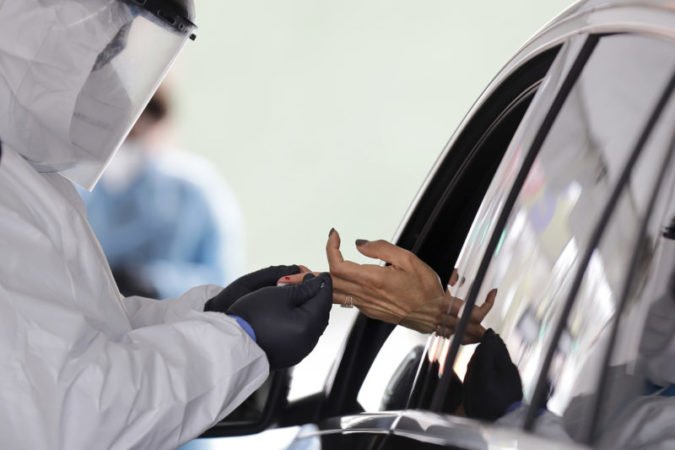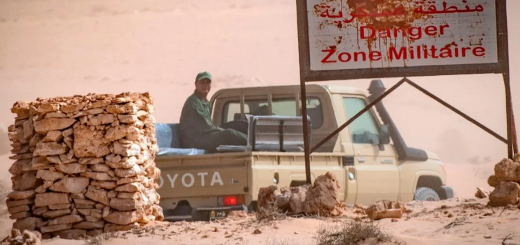Individual immunity: the missing piece of COVID-19 public health policy

Defining a coherent public health policy in the face of the COVID-19 pandemic is, for states and the international community, an attempt to square a circle.
Because there is no vaccination or treatment for COVID-19, public authorities are reduced to confining their populations. This has the result of slowing the spread of the illness and avoiding the collapse of hospital systems if the expected pandemic peak is too close and too high. However, confinement delays the realisation of the ultimate objective which is the end of the pandemic thanks to “collective immunisation”.
The difficulty is that this “collective immunisation” will only be achieved when at least 60% of the individuals in the concerned population have been in contact with the coronavirus and have acquired “individual immunity” after a generally benign infection which may even be unnoticed in the least dangerous cases. In other words, the collective immunisation which is sought in the absence of vaccination occurs through a hopefully harmless spontaneous individual immunisation of a sufficiently large part of the population.

A well-defined approach to acquiring individual immunity is the missing element of current public health policies over COVID-19. This is why I call for this spontaneous individual immunisation – acquired without vaccination or treatment – to be organised, facilitated and promoted, so as to minimise the human cost of an inevitable exposure to the coronavirus.
Read: Cambodia must protect the population through COVID-19 testing, debt relief
The propagation of the virus is indispensable to advance towards collective immunisation. We’re still a long way off. For instance, in France where I live, only 7% of the population can be considered as immunised. The optimal – meaning relatively high but tolerable – the speed at which the illness can be allowed to spread has to be constantly redefined. This involves a difficult choice between confinement for public health reasons and deconfinement for economic and social reasons.
Because we don’t know how to defend ourselves against the coronavirus in either a preventive or an offensive way (vaccination or treatment, respectively), we resort to hiding (confinement).
But this hiding tactic has its limits because for the whole period of confinement, the economic, social and cultural life of the country, and a large part of the world, come to a standstill with incalculable consequences.
The crucial question is to know when and how to deconfine the population without exposure to a new wave of the epidemic and new, unbearable pressure on the hospital system. Confinement, deconfinement and re-confinement risk becoming stop-go staging points in the absence of a coherent policy.
Read: Immunity testing and the struggle against coronavirus
To limit the health risks in the deconfinement period, the authorities must not just watch the population and passively wait for individual immunity. They should devise and apply a series of measures to inform people about ways in which they can reinforce their immune system so that they have more chance of overcoming the virus once the virtually inevitable contact with it arrives, and so of developing immunity against the invisible enemy without any cost. Public health programmes conducted in a uniform manner or adapted for different segments of the population can be very effective in motivating and assisting people for this purpose.

All means should be used to encourage people to follow medical advice about the natural strengthening of our immunity systems. Groups of experts must be set up to evaluate the best practices which can help to reinforce the immune system. These include taking vitamins (notably C, B and D); the use of probiotics to act on the microbiota, which is a less known part of the immune system; taking omega-3 fatty acids, which may also help to boost the immune system; verification of the role of melatonin, which can modulate the response of the immune system notably in the case of inflammation; the practice of yoga, in which some postures can stimulate immune defences; the importance of food, sleep, physical exercise and so on.
Many elements which could contribute to the reinforcement of the immune system are matters of personal choice. But in these exceptional circumstances, it would be very helpful for those responsible for public health to inform the population in a methodical way about the scientific means of strengthening immune systems and to encourage each citizen to individually overcome COVID-19 through their own immune system. That will significantly and safely contribute to the collective immunisation which will end the pandemic.



















